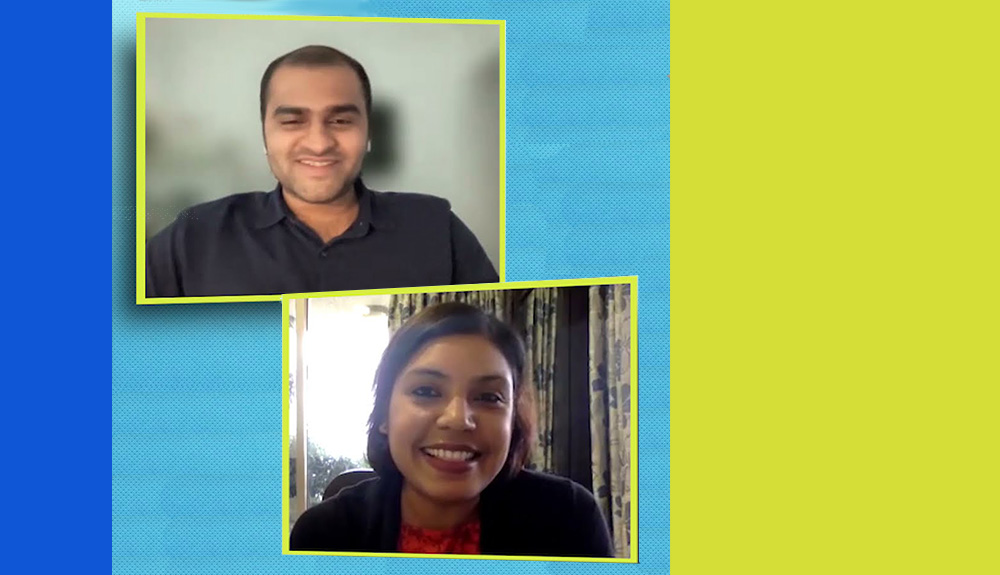We spoke to Vasanth Kamath, founder and chief executive office at Smallcase about this disruptive idea in the equity investing space.
Smallcase has been around for the last five odd years and has given retail equity investors an option other than mutual funds to create diversified portfolios.
These are not always managed portfolios, but they are diversified. There are costs attached to some of the subscribed portfolios and you should also be aware of the broking charges and long and short-term tax on equity investments, before taking the plunge.
It is a simple option, to know how it works and how you can access it, listen in to Kamath. He also shared with us his own equity investing experience and what existing investors on Smallcase are doing.
1. How was Smallcase born?
This happened when Kamath and his co-founder realized that there is a gap for retail equity investors who want to access customized portfolios of direct equity shares.
2. What sets it apart?
Smallcase gives you the option to invest directly in equity, you are a shareholder as opposed to pooled accounts in mutual funds. It’s also transparent, with customized themes.
3. Too many Smallcase options?
There is a lot of choice on the Smallcase website which, can be confusing. Smallcase doesn’t directly offer curated sets. Your choice of which Smallcase to invest in, ideally should be driven by the platform you transact through.
4. Is it suitable for a novice equity investor?
You need to have a demat account to start investing in a Smallcase, you that extent, this is not for first time equity investors, rather more for those who understand what they are investing in.
5. What is the best age to start investing in equity?
The earlier to start the longer you have to experience the benefits of compoundingCompounding is the concept of earning return on both your principle investment and your profit. It is a way of calculating return that assumes you pull back your return till yesterday and remain invested so that any change in value... More and growth.
6. How does one focus on equity as a long-term wealth creator?
Unlike some other assets like gold, currencies and even Bitcoin, the equity investing proposition relies on underlying value of the business rather than a demand supply mismatch. This gives equity an edge over the others in being a reliable long term wealth creator.
7. How can one diversify across Smallcase portfolios?
A core and satellite approach works best. In general, the experience is that an individual Smallcase investor has up to four portfolios on average.
8. Your (Vasanth’s) equity investing experience?
Kamath started investing at the age of 22, thanks to his parents’ experience in saving and investing.

